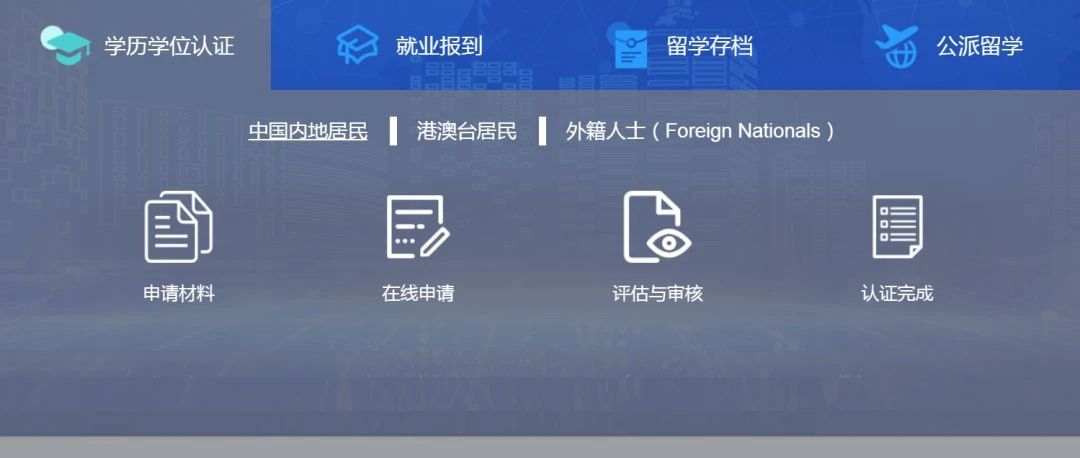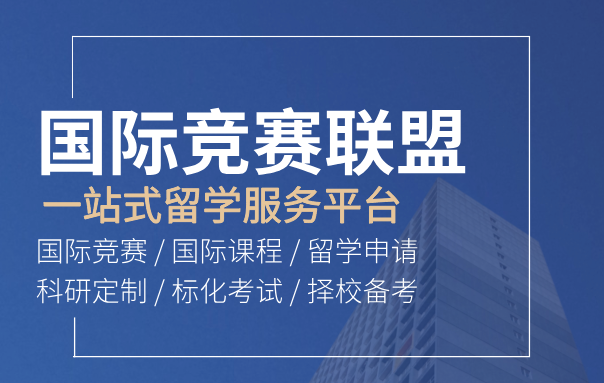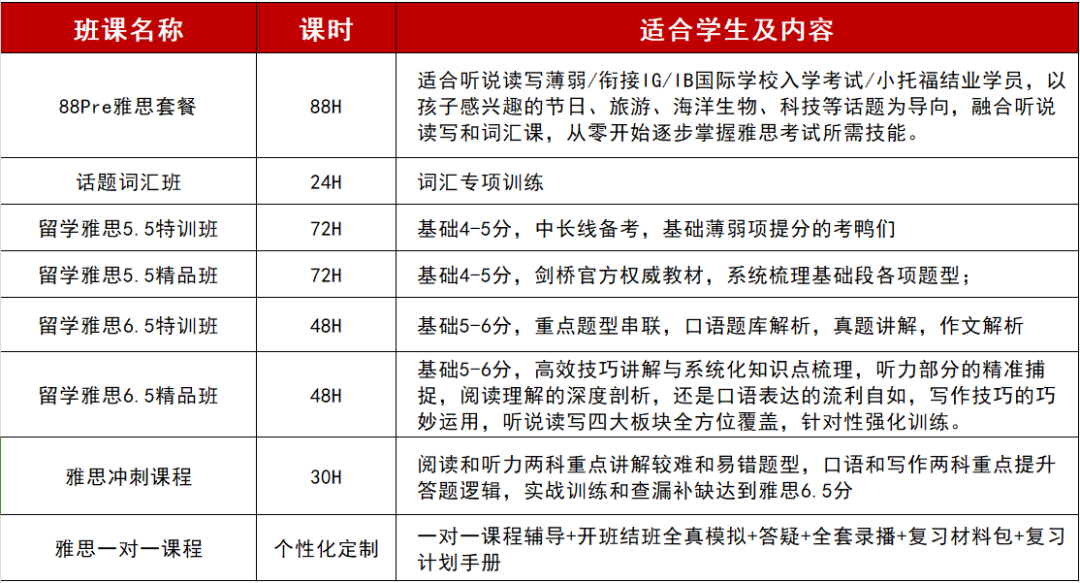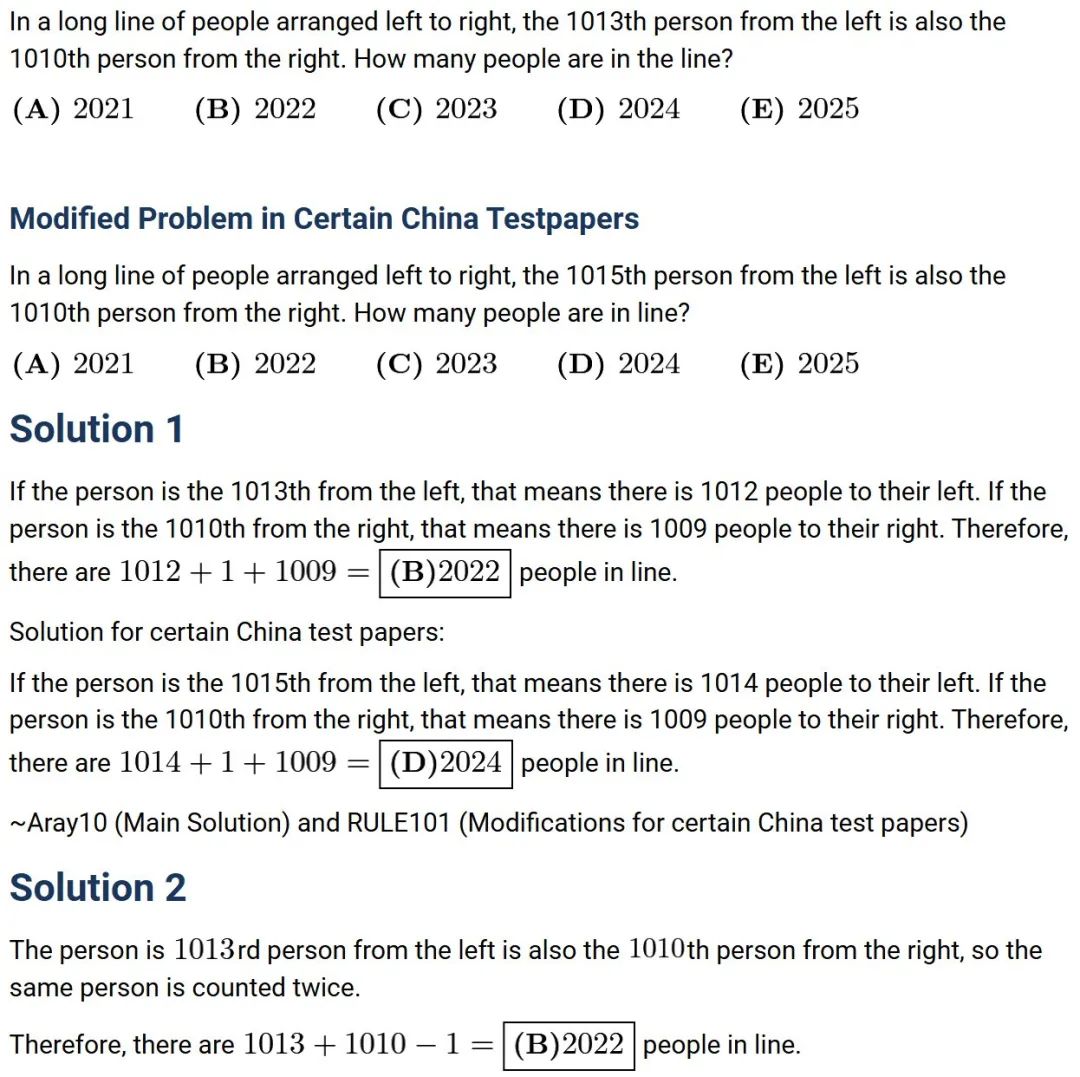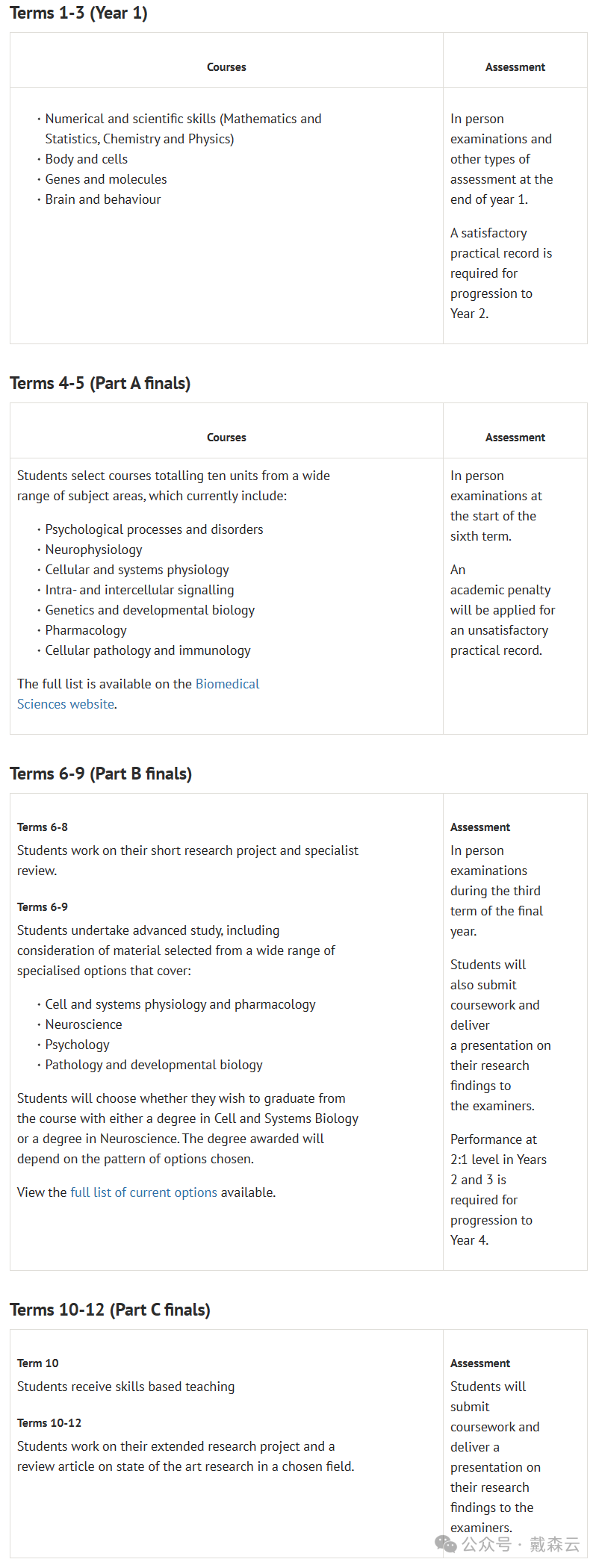本期 “老师博士”为大家推荐乌得勒支大学、隆德大学最新2024岗位制博士项目信息。
乌得勒支大学
PhD on Forecasting Subsidence in the Groningen Reservoir Region
FACULTY:Faculty of Geosciences
HOURS PER WEEK: 32 to 40
APPLICATION DEADLINE: 8 April 2024
Your job
Surface subsidence is a significant problem above the gas reservoir in the Netherlands province of Groningen, affecting the environment, buildings, infrastructure, and water management. Compaction of the reservoir continues to drive subsidence, but there also are other, shallower, earth processes that have a significant footprint on the subsidence. Groningen is located close to sea level, so it is highly relevant to answer questions like 'how long will subsidence continue?'and 'how much more subsidence will occur?'.
The DeepNL programme of the Dutch Research Council is funding our proposal to develop a model aimed at forecasting surface deformation in the Groningen gas field region. At this stage we seek to fill two PhD positions in a collaborative project of researchers at Utrecht University and Delft University of Technology aimed at quantifying the physical processes that drive subsidence from InSAR, GPS, and geodetic levelling observations.
Utrecht University is looking for an enthusiastic PhD researcher on Forecasting Subsidence in the Groningen Reservoir Region to become a part of our team, consisting of eight members. You will join theTectonophysics research groupand the Delta Evolution and Subsurface Processes group at thefaculty of Geosciences.
Your main tasks will be to:
-
develop a physics-based surface deformation model driven by groundwater variations in unsaturated soils;
-
develop a mechanical model of surface deformation due to compaction of deep (> 200 m, sub-Holocene) rock layers driven by pore pressure changes in the gas reservoir and aquifers;
-
couple these models and optimize the resulting model to make it most suitable for assimilation of geodetic time series data.
In this collaborative project, the TU Delft is looking for a PhD candidate on satellite InSAR and data assimilation for subsidence analysis to join their interdisciplinary team. This position will be mostly located at TU Delft and will also operate in the InSAR research team as well as in the data assimilation team of TU Delft. Check thevacancy at the TU Delft website(https://www.tudelft.nl/over-tu-delft/werken-bij-tu-delft/vacatures/details/?nPostingId=5694&nPostingTargetId=16789&id=QEZFK026203F3VBQBLO6G68W9&LG=UK&languageSelect=UK&mask=external).
The selected candidates for both positions will work closely together.
Your qualities
We are looking for a colleague with multiple of the following qualifications:
-
affinity to work in a diverse environment of junior and senior scientists;
-
ability to work independently and take initiative;
-
good organisational and communication skills;
-
excellent skills in writing and speaking English;
-
an open, critical, and interdisciplinary mindset;
-
an MSc or equivalent degree in geophysics, aerospace engineering, physical geography, or geosciences.
This is a diverse project, and the ideal candidate is a jack-of-all-trades who possesses vast and diverse knowledge and skills in all project disciplines and who also excels in all topic areas. We recognise however that it is more realistic that the you demonstrate a solid grasp of one or few of the following subject areas:
-
continuum mechanics;
-
mechanical properties of soils and rocks;
-
numerical computing including writing code;
-
algebra and solving differential equations.
We therefore expect you to demonstrate curiosity, intellectual versatility, and a deep interest in exploring and mastering new subjects.
You are expected to publish your results in peer-reviewed academic journals as Open Science contributions. Up to 10% of your time will be dedicated to assisting in the BSc and MSc teaching programmes of the host institute. A personalised training programme will be set up, which will reflect your training needs and career objectives.
Our offer
We offer:
-
a position for oneyear, with an extension to a total of four years upon successful assessment;
-
a gross monthly salary between €2,770and €3,539in the case of full-time employment (salary scale P under the Collective Labour Agreement for Dutch Universities (CAO NU);
-
8% holiday pay and 8.3% year-end bonus;
-
a pension scheme, partially paid parental leave and flexible terms of employment based on the CAO NU.
Apply now
To apply, please send your curriculum vitae, including a letter of motivation, via the ‘apply now’ button(https://www.uu.nl/en/organisation/working-at-utrecht-university/jobs/phd-on-forecasting-subsidence-in-the-groningen-reservoir-region#).
The preferred start date is 1 June 2024.
The application deadline is 8 April 2024.
隆德大学
Doctoral student in Physics within Microwave Quantum Optics and Detectors
FACULTY:Faculty of Engineering
APPLICATION DEADLINE: 09.Apr.2024
Work duties
The main duties of doctoral students are to devote themselves to their research studies which includes participating in research projects and third cycle courses. The work duties can also include teaching and other departmental duties (no more than 20%).
This specific position focuses on performing quantum optics experiments and aims to build photodetectors for microwave photons and gain access to the statistical properties of the photons.
The microwave photons mediate coherent interactions as well as form the readout method for the main solid-state approaches to quantum technology ranging from superconducting qubits to spin qubits. As a PhD student in this position, you will get hands-on experience in quantum device fabrication in Lund Nano Lab, perform measurements on them and develop physics understanding of their operation.
You will work as an important member of our research team in collaboration with other research groups in Lund and other high-ranking international universities. The work provides a good mix of fundamental physics concepts and technology-oriented mindset to build new sensors.
Detailed description of the work duties, such as:
- Device fabrication in cleanroom environment in the Lund Nano Lab.
- Transport and high-frequency microwave measurements, including programming of measurement scripts.
- Analysis of the measurement results to gain understanding on their operation and to design new devices.
- Writing scientific publications
The purpose of the PhD project is to build a microwave photodetector and measure microwave signals and their statistics at the level of individual photons. In addition, the position may include development of various other optics type components in the microwave domain and fundamental studies of quantum measurements. The PhD student is expected to work independently as well as in close collaboration with the other partners in the project.
Admission requirements
A person meets the general admission requirements for third-cycle courses and study programmes if the applicant:
- has been awarded a second-cycle qualification,or
- has satisfied the requirements for courses comprising at least 240 credits of which at least 60 credits were awarded in the second cycle,or
- has acquired substantially equivalent knowledge in some other way in Sweden or abroad.
A person meets the specific admission requirements for third-cycle studies in Physics if the applicant has:
- at least 30 second-cycle credits of relevance to the subject, of which at least 15 credits shall comprise a second-cycle degree project,or
- an MSc in engineering physics or an associated field, or a Master’s degree in physics or an associated field.
Finally, the student must be judged to have the potential to complete theprogramme.
Additional requirements:
- Very good oral and written proficiency in English.
Assessment criteria
Selection to postgraduate studies is based on the expected ability to perform well in the studies. The evaluation of the ability to perform well is based primarily on the results of studies at the basic and advanced levels, in particular:
- Knowledge and skills relevant to the thesis project and the subject of the study.
- An assessment of ability to work independently and to formulate and tackle research problems.
- Written and oral communication skills
- Other experience relevant to postgraduate studies, such as professional experience.
Other assessment criteria:
- Knowledge of quantum device physics and/or quantum optics
- Experience on programming (for example MATLAB or Python)
- Ability to think creatively and/or analytically
- Ability to do skilful laboratory work
Consideration will also be given to good collaborative skills, drive and independence, and how the applicant, through his or her experience and skills, is deemed to have the abilities necessary for successfully completing the third cycle programme.
We offer
Lund University is a public authority which means that employees get particular benefits, generous annual leave and an advantageous occupational pension scheme. Read more on the University website about being a Lund University employeeWork at Lund University.
How to apply
Applications must be written in English and include a cover letter stating the reasons why you are interested in the position and in what way the research project corresponds to your interests and educational background. The application must also contain a CV, degree certificate or equivalent, a copy of the master thesis or equivalent or a summary of the thesis work if the thesis has not yet been finished, and other documents you wish to be considered (grade transcripts, contact information for your references, letters of recommendation, etc.).
Applicants are also required to answer the job specific questions in the final step of the application process.
以上就是本期分享的所有内容了。






